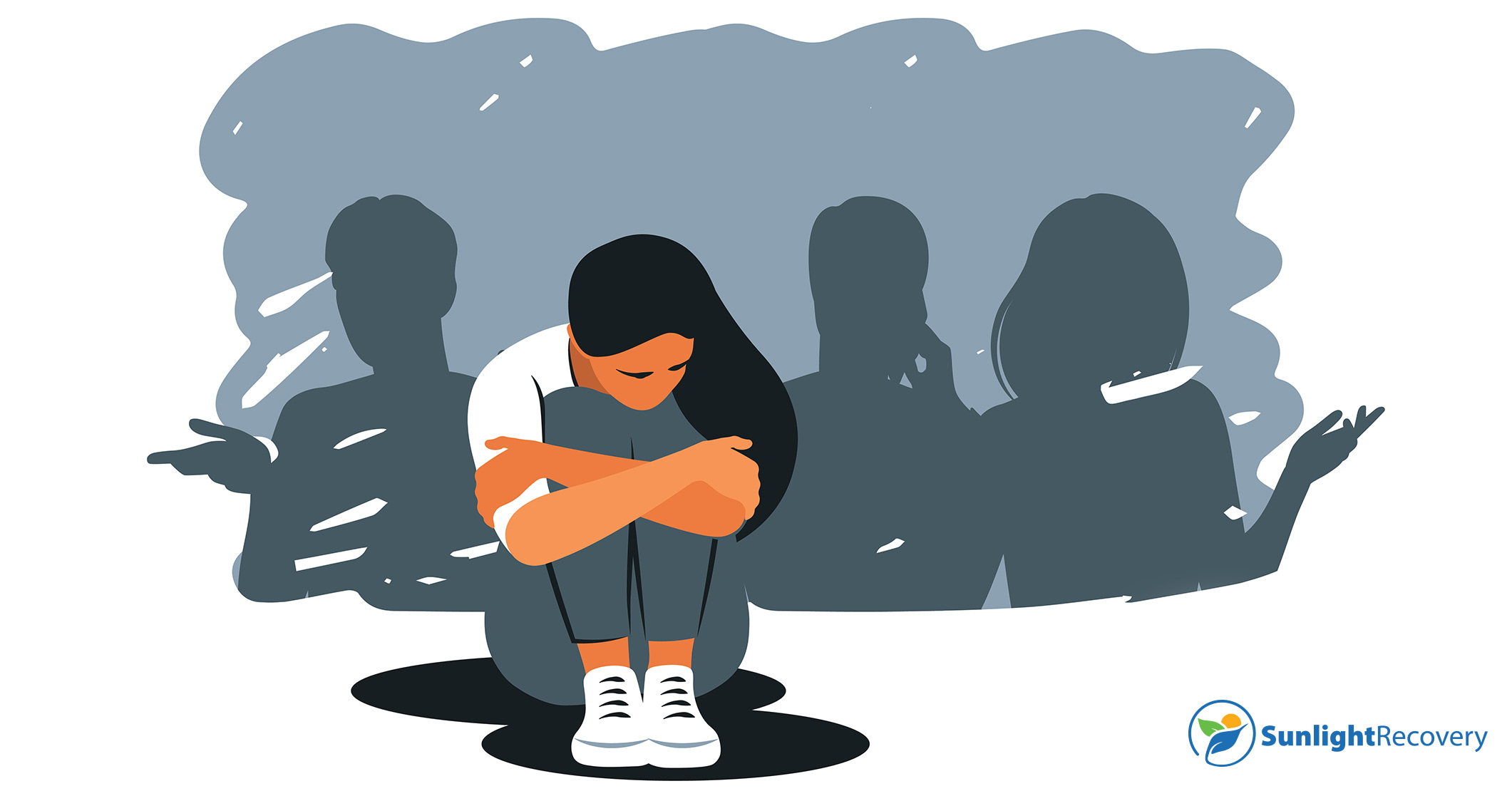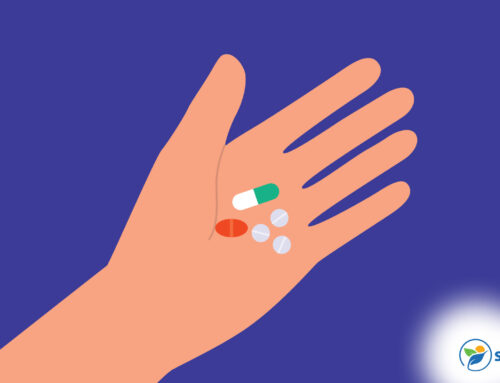Selena Gomez’s bipolar disorder and psychosis were revealed by the star in her documentary for Apple TV+. In Selena Gomez: My Mind and Me, a span of 6 years’ footage details the inner life of the singer and actress. Although many fans know Gomez from her early work in Disney’s Wizards of Waverly Place and recent pop music offerings, she’s now a powerful voice in the mental health arena.
Selena Gomez’s Public Journey: Breaking the Stigma
Many fans wonder, “Does Selena Gomez have bipolar?” In 2018, the actress experienced psychosis, which can involve dissociation from reality and self. The episode led the star to seek help, and she was eventually diagnosed with bipolar disorder.
Selena Gomez’s diagnosis came as a surprise to many. Like many celebrities in the public eye, Gomez worked to project a certain persona to her fans. Many weren’t aware of her struggles until her psychosis and bipolar diagnosis were revealed publicly. Through her documentary, the actress revealed a side of herself many fans weren’t aware of and helped break the stigma associated with mental illness.
Understanding Psychosis and Its Impact on Mental Health
Psychosis is difficult to define, as it’s a collection of symptoms that vary from person to person. According to the National Institutes of Mental Health (NIMH), psychosis affects an individual’s perception. Someone suffering from this condition may have difficulty discerning what’s real and what’s imagined.
Although the most common time for psychosis to develop is in the teen years to the late 20s, people of any age can have this condition. Underlying medical conditions — including mental and physical illnesses — can cause psychosis to develop.
As with Gomez, bipolar disorder may be a factor in the development of psychosis, especially when it’s left unaddressed. However, with prompt and proper mental health treatment, both psychosis and the root cause or causes can be treated. There are multiple options when it comes to treating mental illness, including psychosis and bipolar.
It’s important to watch out for the symptoms of psychosis and the warning signs that may signal a problem, such as:
- Irrational thought
- Paranoia
- Decreased school or work performance
- Difficulty speaking clearly
- Withdrawing from social activities
- Difficulty with everyday tasks
- Negative changes in eating and sleeping
These are just some of the warning signs of both bipolar disorder and psychosis. Those with one or both of these conditions may also experience:
- Excitability/mania
- Agitation
- Lack of self-care
- Emotional regulation difficulties
If you or someone you know is dealing with any of the above symptoms, it’s important to seek help from a trusted source. Whether or not bipolar disorder is an issue — like with Selena Gomez’s diagnosis — there are multifaceted treatments that may work well to alleviate psychosis and address its causes.
Gomez’s Advocacy for Mental Health Awareness
In addition to her documentary, Selena Gomez’s bipolar journey has been mentioned in multiple interviews. The singer describes feeling like she didn’t want to go on living and was quoted as saying, “I thought the world would be better if I wasn’t there.” Although suicidal thoughts can also come along with psychosis and bipolar disorder, there is hope.
Often, it can be helpful for those who’ve gone through mental health issues and received treatment to use their experiences to help others. Gomez created Wondermind, a website and newsletter devoted to mental wellness.
Gomez also hopes to help develop a curriculum in schools around mental wellness topics. She makes it clear in an interview with Rolling Stone that she’s “not cured.” This is an important aspect of mental health treatment for psychosis or any condition that individuals should be aware of. In many cases, the management of a mental illness is a lifelong process.
The singer and actress still enjoys a thriving career in both arenas, which helps elevate her platform as a mental health advocate. Through her candid interviews, documentary and Wondermind project, Gomez works to reach others who may be dealing with the same issues.
Lessons and Insights From Selena Gomez’s Mental Health Journey
One of the main lessons others can take from Selena Gomez’s bipolar and psychosis struggles is that these issues can happen to anyone. It doesn’t matter how successful a person is or how much money they have. Mental illness doesn’t discriminate. Someone who has a life that others dream about can experience the same difficulties as everyone else.
Fans who learn more about Selena Gomez’s diagnosis may feel heartened to know one of their favorite performers has the same struggles as other people. By reading about the actress’s difficulties, those with the same issues may feel less alone. By revealing her psychosis and bipolar diagnosis, Gomez has already helped break the stigma around talking about mental illness.
In addition, those wondering whether they should seek treatment may be inspired to do so after reading one of Gomez’s interviews or watching her documentary. As more celebrities come clean about their mental health struggles, more people going through the same thing may be urged to reach out for help.
When struggling with mental health issues, the first step can be the hardest. However, it’s also the most important. If you or a loved one suspects there’s a mental health issue causing symptoms such as those described above or others, it’s crucial to reach out. The sooner you seek help for your symptoms, the sooner the right treatment strategy can be developed. Although the management of mental wellness can be lifelong — as Gomez has described her own journey — success starts with a single step.
Call Sunlight Recovery to Start Your Wellness Journey
The qualified professionals at Sunlight Recovery are here to help. Call us today to connect with one of our friendly, experienced mental health experts. We’re dedicated to providing a customized approach to mental health that’s designed for the unique needs of each person we serve.






